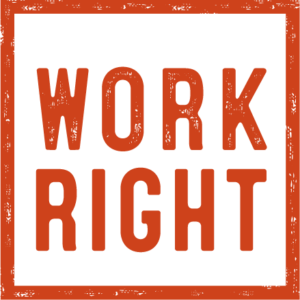Health and social care sector
Whether you work at a GP practice, a hospital, or a care home, the law requires every employer to assess the risk of work-related stress and to put measures in place to tackle it. By tackling stressors, you will be protecting your staff and the patients who use your services.
Project lead at Lifelines Scotland, Gill Moreton, says: “Work-related stress matters because we spend a lot of time at work, and the good news is, that good work is good for us. As well as providing us with the income to support our families and our loved ones, good work also gives us a sense of purpose, of self-esteem and social support with our colleagues.
“We recognise that people working and volunteering within emergency services are at risk of psychological injury – it’s an occupational hazard. In emergency services we can’t always prevent exposure to potentially traumatic events, but we can create a work environment that promotes good mental health. Research tells us that supportive management, supportive teams work as really effective buffers for people in these high-risk roles.”
Welcome to Lifelines Scotland provides specific advice on stress and mental health for individuals working in emergency responder roles.
Homecare Association, CEO Dr Jane Townson, adds: “The mental wellbeing of the homecare workforce is more important now than ever before. Homecare staff went above and beyond during the pandemic, often being the only point of contact for some of the most vulnerable in the community. They continue to go the extra mile for their clients, despite the careworker shortages which face the sector. We must look after the mental wellbeing of our careworkers, and we are proud to be working the Health and Safety Executive to raise awareness of the Working Minds campaign”.
Talking Toolkits
The Talking toolkits are designed to help managers talk with health and social care workers as part of their overall approach to preventing and managing work-related stress.



